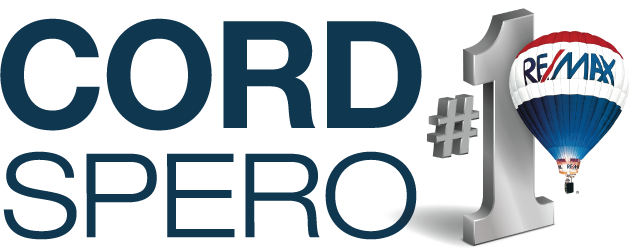5 Things to Consider Before Investing in Commercial Property
Investing in real estate is a daunting but important step for any growing business. As our companies grow, so must the spaces we occupy. And just as there are logical steps that inform how we grow our businesses, there are a few essential steps that inform every great property acquirement.
That’s not to say there’s a one-size-fits-all solution to finding the right property: each business is unique, and so is each commercial space. Just as we wouldn’t hire someone who isn’t the right fit for our business, we also shouldn’t settle for a property that’s not going to complement our unique growth. The following 5 features will help guide business owners, in search of the perfect fit, through the process of evaluating all types of commercial properties.
1: Location, location, location.
It may sound cliché, but it’s true. Location changes the value and function of a property substantially, and might be the difference between a great property investment and a poor one. Consider the location difference between retail and office real estate: an office property functions well tucked into a quiet corner of town, but a retail property requires a high-traffic location to suit the business inside it. Whether you’re looking for office property, retail property, industrial property or bare land, know that location helps your investment become more liquid.
2: Know your business’s numbers.
To set up the right real estate investment, you’ve got to know your numbers. Your business structure (such as reliability of income and potential for growth) should inform the structure of your investment (such as the property type and payment plan you look for). This includes knowing your cap rates. What is the percent return you’re aiming to get, and what is the percent return you will get with different property options? (Check out my Resources section to find cap rate and net operating income calculator tools.) By knowing your business, you can work backward and get the numbers you need to find your ideal investment.
3: Get a [good] realtor.
Knowing your business’s numbers, a good realtor can find a great fit for you. As a professional realtor, I enjoy what I do because I get to learn so many different business models. To do my job well, I need to understand how a business works so I can know exactly what the right space is for that client, whether it’s buying, leasing or looking into bare land. A good realtor knows it’s not about stretching a budget—it’s about finding the uniquely right, efficient space for the client.
4: Have an exit strategy.
With any property you invest in, plan for the worst-case scenario. Knowing market values and rates will help significantly. For example, getting the right property at the right time in a rising market may enable you to eventually sublease below market rates and cover your initial costs should the space no longer fit your needs. As much as you anticipate the future markets, anticipate the future of your business. This circles back to knowing your numbers: understanding where your business is headed will allow you to anticipate the potential road bumps you may face.
5: Have a good lawyer.
Last, but certainly not least, have a lawyer who can negotiate the lease for you. While a realtor helps you look at the broad strokes of a property agreement, a lawyer dives into the details that could save or break your business. Some leases are written up loosely so that condo fees (for example) can go up substantially. Buying or leasing property is a legal matter: you want to make sure you’re covered. The other side definitely has a lawyer, and you should too.


